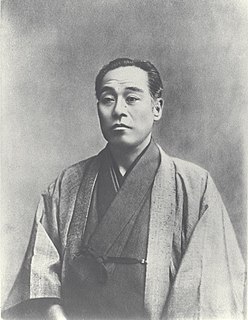A Quote by Pierre Teilhard de Chardin
Morality arose largely as an empirical defence of the individual and society. Ever since intelligent beings began to be in contact, and consequently in friction, they have felt the need to guard themselves against each other's encroachments.
Related Quotes
To discover the true principles of morality, men have no need of theology, of revelation, or of gods. They need but common sense. They have only to look within themselves, to reflect upon their own nature, to consult their obvious interests, to consider the object of society and of each of the members who compose it, and they will easily understand that virtue is an advantage, and that vice is an injury to beings of the species.
Whether one believes in evolution, intelligent design, or Divine Creation, one thing is certain. Since the beginning of history, human beings have been at war with each other, under the pretext of religion, ideology, ethnicity and other reasons. And no civilization has ever willingly given up its most powerful weapons.
A society struggles to fulfill its best instincts, even as an individual does, and generally makes just as hard going of it. The fight against prejudice is an inevitable process. Man has been warring against his own lower nature ever since he found out he had one, and the battle against intolerance is part of the same old struggle between good and evil that has preoccupied us ever since we gave up swinging from trees.
This whole society, up to now, has been very violent with the individual. It does not believe in the individual; it is against the individual. It tries in every possible way to destroy you for its own purposes. It needs clerks, it needs stationmasters, deputy-collectors, policemen, magistrates, it needs soldiers. It does not need human beings.
Each individual man and each individual country, according to the principles of natural reason, is free from bondage. Consequently, if there is some threat that might infringe upon a country's freedom, then that country should not hesitate even to take up arms against all the countries of the world.
We pass the word around; we ponder how the case is put by different people, we read the poetry; we meditate over the literature; we play the music; we change our minds; we reach an understanding. Society evolves this way, not by shouting each other down, but by the unique capacity of unique, individual human beings to comprehend each other.








































